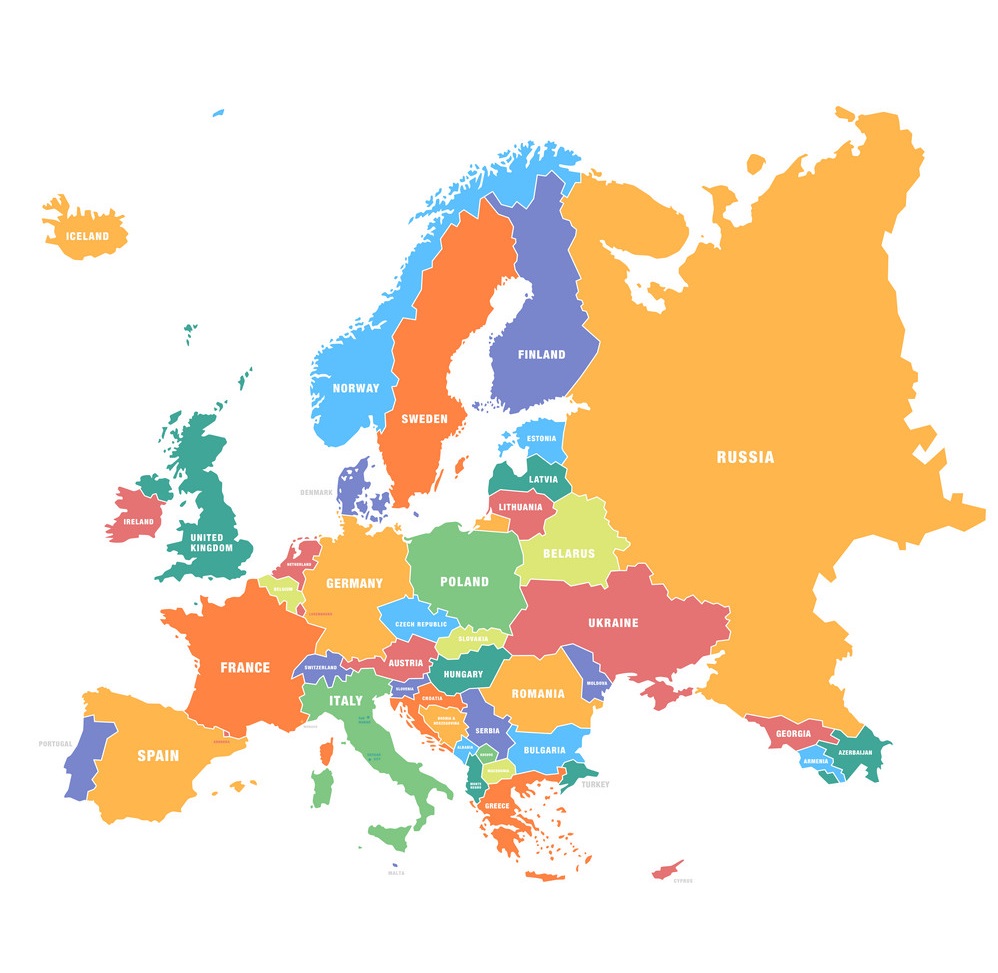
A Brief History of Spread of Shiism in Europe

The presence of Muslims in Europe is not a new phenomenon and goes back to the time of Muslim occupation of al-Andalus which was th start point of the spread of Shiism in Europe. It also has roots in the expansion of the Ottoman Empire into Europe as well as European colonization of various Muslim territories. The demographics of Muslims in Europe changed, however, after World-War II. Starting mainly with male labor migration from former European colonies – the so-called “guest workers” – followed by family reunification and an increasing influx of refugees and asylum-seekers, particularly since the late 1970s, the numbers as well as the visibility of Muslims in Europe have increased over recent decades. Muslims living in Europe not only come from diverse ethnic, socio-economic and educational backgrounds, but also from a variety Muslim sectarian groups. The spread of Shiism in Europe, for example, goes back to Shia communities such as Alevis, mainly from Turkey, but it also includes an increasing number of Europeans converts to Shia Islam. There is also a significant Azeri Shia presence in countries of Eastern Europe that were part of the Soviet Union, as well as followers of the Shia-oriented Bektashi Sufi order, which experienced a revival in Albania and the countries of former Yugoslavia after the collapse of Communism in the early 1990s. The Shia presence in Europe is primarily due, however, to various migratory patterns going back to the nineteenth century, when students of South Asian backgrounds came to the UK to study, followed by a wave of students, particularly in the 1970s, from countries such as Uganda (Khoja Shia), Iraq, Iran and Afghanistan, and then business people also came from Iran and other Gulf countries to pursue trade or other professional activities in Europe.
Taken from “Mapping Shia Muslim Communities in Europe: Local and Transnational Dimensions”
by Yafa Shanneik (University of Birmingham), Chris Heinhold (University of Chester) , Zahra Ali (Rutgers University)